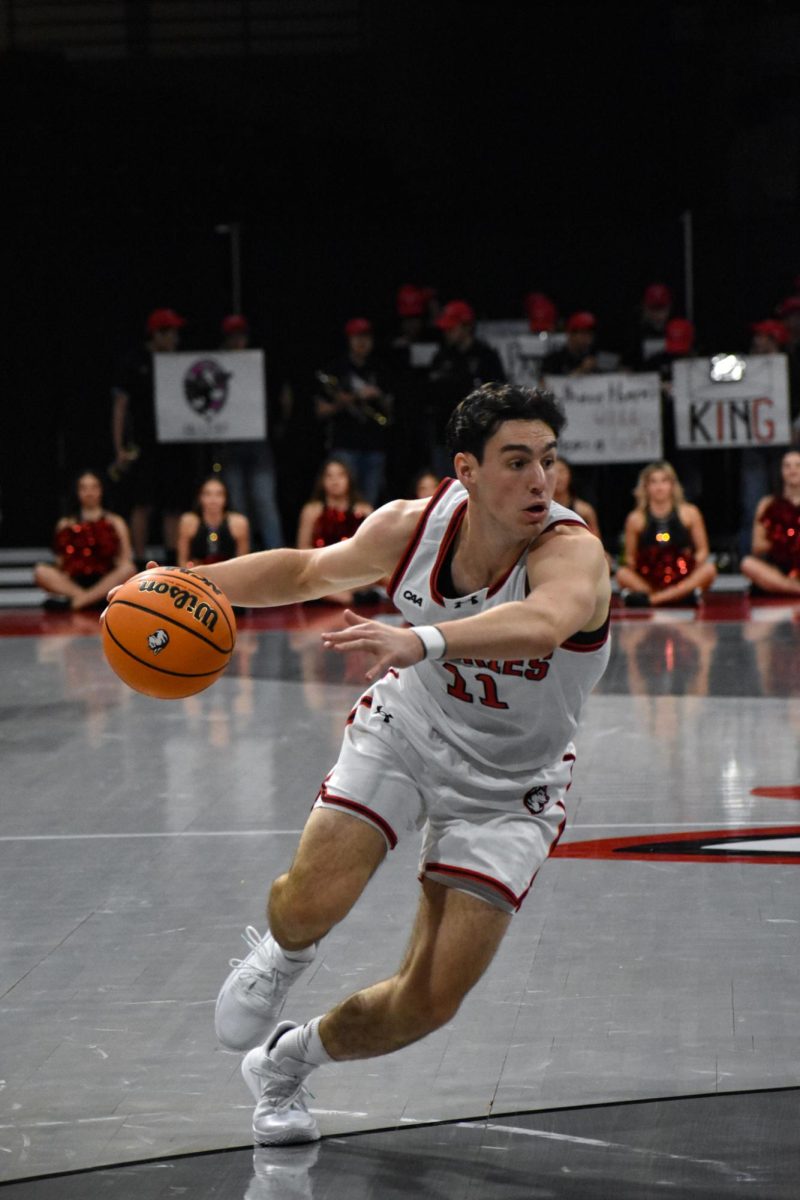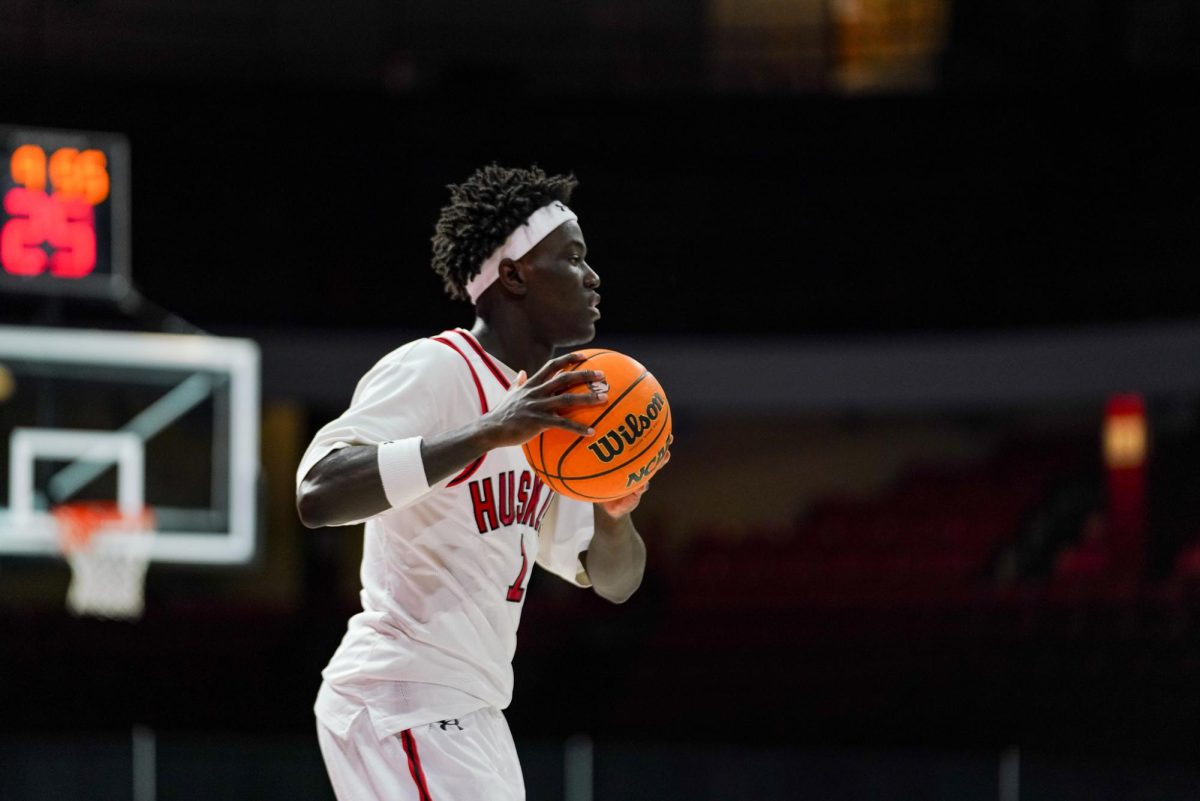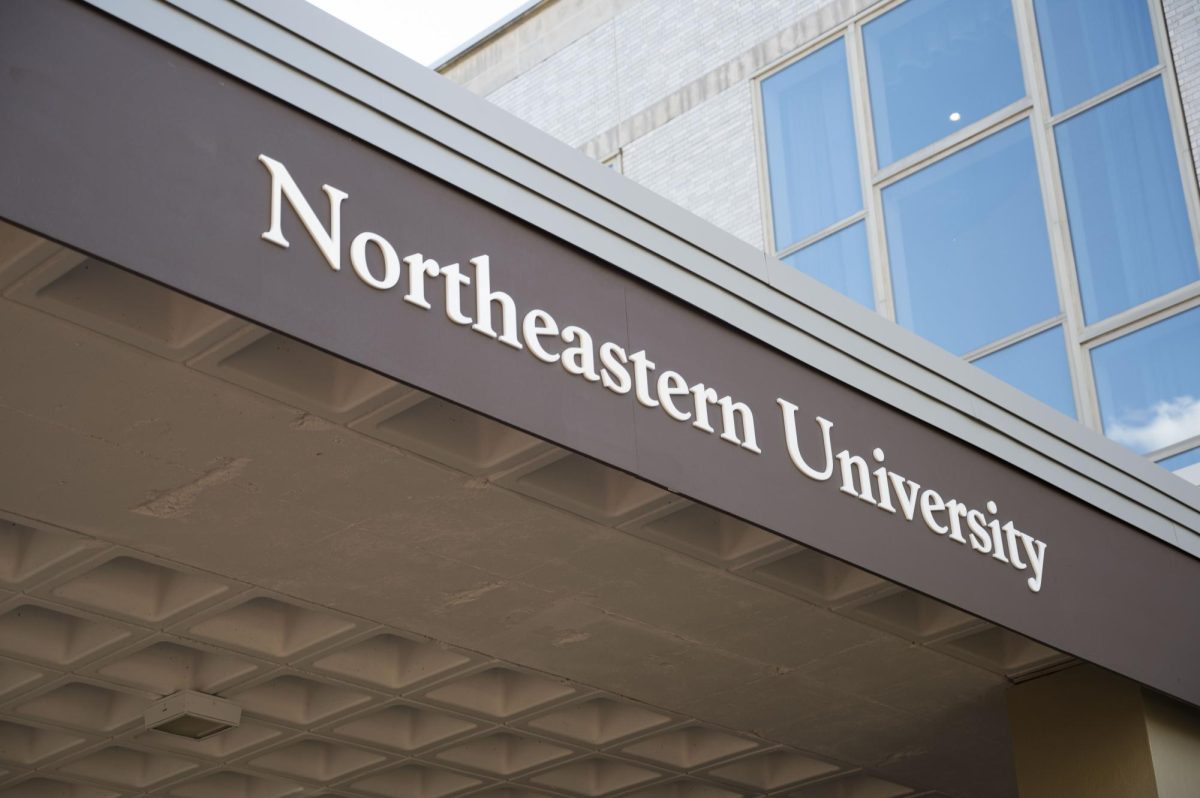“Students Who Are Parents” fills critical gap in student support groups
By Megan Araghi, News Correspondent
This week, students in classes probably have three or more exams to study for, papers due, presentations to put together, work shifts to fulfill and lots of other activities that generally fill the typical college student’s daily life.
Imagine if you also bore the responsibility of raising a child.
For a percentage of Northeastern’s student body (1,111 undergraduates and 573 graduates), this situation is not some far-off scenario, but reality.
That’s why S.W.A.P. (Students Who Are Parents), a new and long-anticipated support group for both undergraduate and graduate students who also are young parents, was recently formed on campus.
Dr. Vanessa Johnson, associate professor of counseling and applied psychology and the group’s adviser, created this support group in response to helping student parents feel less alienated.
“I want the students to tell me what their problems are and what they need, and then fiigure out a way to address that,” Dr. Johnson said.
Johnson said she hoped to begin this program first as a support and discussion-based group in an effort to uncover the particular needs of these students.
Once identified, she then hopes to actively develop the resources and services desired by these student parents.
For example, Johnson said Ithaca College and Kent State University presently provide on-campus family housing for student parents, something she would like to see created in the future.
“Ideally, the thing I would like to see happen at first is to have a space or a lounge on campus, a safe space for the student parents,” she said.
Johnson said she also wants to bring this alienated community closer together by creating things such as parent study groups, where the parents can sit and study with each other while their children play in another room.
Though the group is in its formative stages, Johnson anticipates several challenges. As time for the student parents is obviously limited, she thinks it might be hard for the students to find the time to attend. Also, she believes it might be difficult for the student parents to gain trust in the support group, and be secure in knowing that the group is there to genuinely provide services.
“[The group’s goal is] First to demonstrate the numbers, to show the other parents they are not alone,” Johnson said.
The stigma that often accompanies student parents, such as suggesting female promiscuity, is also likely a difficult terrain to navigate, Johnson said. She said she is attempting to eradicate this stigmatization of student parents by presenting them as a group that “… adds diversity to our campus.”
“By having programs that sponsor the group, [and] giving interviews such as this one, [we are] creating awareness about unique challenges of these students” Dr. Johnson said.
By creating this support group, Northeastern can address a more diverse group of needs and ensure that these often alienated students do not completely miss out on their college experience by helping them and enhancing their social and educational development.
“Given Northeastern’s support for other groups on campus, I really believe the university will come to embrace this population,” Johnson said. “It’s the right environment, it’s just a matter of putting it into motion.”









